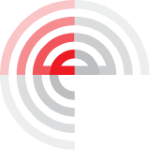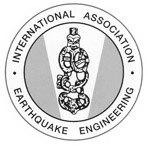
WHY 1CroCEE
The March 22, 2020 magnitude ML5.5 Zagreb earthquake painfully brought to light inadequate earthquake preparedness and hazard resilience of Croatia’s capital. This seismologically moderate event caused significant disruption to life in the capital and induced major damage to the building stock of the administrative, cultural, scientific and economic center of the country. At the same time, the prospect of an expected magnitude 6.5 event on the Medvednica fault zone still looms large and is additionally compounded by the ongoing COVID-19 pandemic.
While our preparedness was unquestionably subpar, this event also demonstrated the immense courage and compassion of first responders, emergency services and ‘ordinary’ people to do extraordinary things and selflessly help their fellow citizens in need. The Faculty of Civil Engineering spearheaded a number of post-earthquake activities aimed at damage assessment and steering of public policy, continuing the previous collaboration with relevant governmental institutions. These include organization of the post-earthquake building evaluations (during the Covid-19 pandemic) which yielded estimates of losses and reconstruction costs that were instrumental in passing the new Law for Reconstruction. Furthermore, the Rapid Damage and Needs Assessment report was drafted for the Croatian Government and the World Bank in addition to preparing guidelines for urgent retrofit measures and comprehensive guidelines for structural designers. In order to raise the level of knowledge (crucial for the reconstruction) and seismic risk awareness (crucial for the future) specific lectures on the monthly basis were organized (every 22. of the month). All these activities were supported by numerous colleagues from Croatia and abroad, and collaboration with numerous practicing engineers, seismologists, architects, and government officials was key in making these projects truly impactful and long lasting.
To commemorate the anniversary of these events and to forge a path towards a resilient future, the University of Zagreb, Faculty of Civil Engineering is organizing the 1st Croatian Conference on Earthquake Engineering (1CroCEE). While the conference name does reflect the geographic origin of the earthquake, its message is aimed to be far reaching, unconstrained and inclusive. By bringing together national and international researchers, practitioners and public policy makers, one of the main goals is to explore the implications of the Zagreb earthquake on Croatia’s future development as well as on other regions of low to moderate seismicity including earthquake resilience of Europe as a whole. Additionally, our aim is to raise awareness of seismic risk and to start increasing the level of education as well as the state of research and practice in earthquake engineering in the region by fostering international cooperation and exchange of ideas.
In summary, the Zagreb earthquake once again incontrovertibly demonstrated the exigent need for enhancing disaster-resilience of communities and should serve as a stern warning to all stakeholders to stop ignoring this burning issue. Earthquake resilience of our communities is paramount for Croatia’s and Europe’s stable future development as well as for preservation of our rich cultural heritage.
Join us at 1CroCEE to shake (help) Zagreb with knowledge and to reconstruct the past for resilient future (new tradition).
COVID-19 CONSIDERATIONS
A unique aspect of the Zagreb earthquake is that it occurred in a nation’s capital amidst the COVID-19 lockdown providing a specific learning opportunity in terms of multi-hazard risk assessment and emergency management discussions. As the global pandemic continues to affect our daily lives, we will continue to monitor the developing public health situation and tailor the conference format in order to ensure safety of all participants while allowing for effective exchange of knowledge and networking. Preservation of health and well being of all participants is our top priority hence all models of participation in 1CroCEE are available: "on site", "on line" and combination of both.
